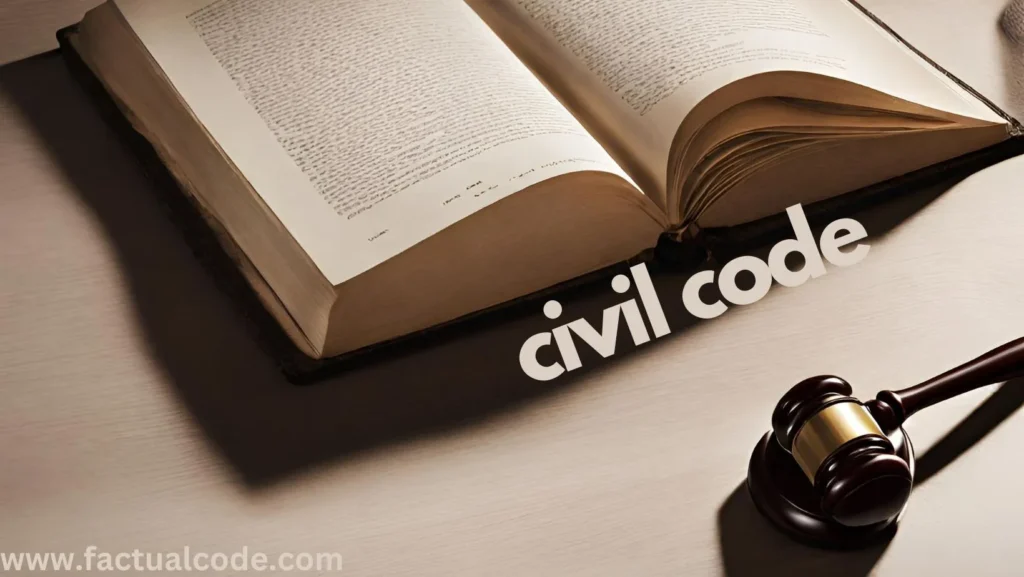Introduction
The legal framework governing suits involving the Government in India is vital for maintaining transparency, accountability, and procedural rigor in judicial processes. The Code of Civil Procedure, 1908 (CPC), supplemented by various special statutes, provides the primary legal architecture for such cases. A thorough understanding of these provisions is essential for upholding legal propriety and safeguarding litigants’ rights.
Legal Framework
Code of Civil Procedure, 1908 (CPC)
Section 79: Mandates that suits involving the Government be filed against the appropriate entity—either the “Union of India” or the relevant “State Government.”
Section 80: Imposes a mandatory notice requirement prior to instituting a suit against the Government or a public officer acting in an official capacity.
Historical Influence: Government of India Act, 1935
Though now repealed, the Government of India Act, 1935, significantly influenced the procedural framework governing government-related suits.
Special Statutes
Other statutory provisions, including the Consumer Protection Act, 1986, and the Indian Contract Act, 1872, further regulate specific categories of government-related litigation.
Pre-Conditions for Instituting Suits
1. Notice Requirement (Section 80 CPC)
Notice Period:
A two-month statutory notice is mandatory before initiating a suit against the Government or a public officer.
Contents of the Notice:
A clear statement of the cause of action
Complete identification details of the plaintiff, including name, description, and place of residence
Specific relief sought by the plaintiff
Mode of Service:
Notices should be served to the Secretary to the Government (for Union Government cases) or the District Collector (for State Government cases).
Exceptions:
Courts may dispense with the notice requirement in urgent matters involving public interest, particularly in Public Interest Litigations (PILs).
2. Representation of the Government
The Government is represented by designated Government Pleaders or Public Prosecutors.
Proper authorization and representation are critical for ensuring an effective legal defense.
3. Limitation Period
Compliance with the Limitation Act, 1963, is mandatory.
Specific limitation periods apply to suits against the Government, and delays must be justified through appropriate legal applications.
4. Payment of Court Fees
Court fees are to be paid in accordance with the Court Fees Act, 1870.
In certain circumstances, exemptions or concessions may be granted, subject to adequate justification and documentation.
5. Jurisdiction Requirements
Suits must be filed in the appropriate court based on jurisdictional criteria, including the cause of action, residence of the parties, and the nature of the relief sought.
6. Verification of Claims
Allegations and claims made in the suit must be verified through affidavits or legally acceptable evidence.
Comprehensive documentation is crucial for compliance with procedural requirements.
7. Special Provisions for Contractual Disputes
Adherence to the terms of contracts involving the Government is essential.
Relevant provisions of the Indian Contract Act, 1872, and specific governmental guidelines must be observed in contractual disputes.
Key Judicial Interpretations
State of Punjab v. Geeta Iron & Brass Works Ltd. (1977)
The Supreme Court held that non-compliance with Section 80 CPC constitutes a procedural defect that may be waived by the Government.
Bihari Chowdhary v. State of Bihar (1984)
The court emphasized that the notice requirement under Section 80 CPC should be liberally construed to facilitate justice rather than impede it.
Conclusion
The procedural requirements for instituting suits by or against the Government are meticulously crafted to balance governmental efficiency with citizens’ rights to legal recourse. Adherence to these preconditions enhances administrative accountability and judicial efficiency, thereby fortifying the rule of law in India.
🚨 Important Tip: Suits involving the government come with specific pre-conditions that must be followed. To ensure you're fully prepared, explore the relevant provisions outlined in our detailed guide on How to Read CPC (Code of Civil Procedure, 1908).

